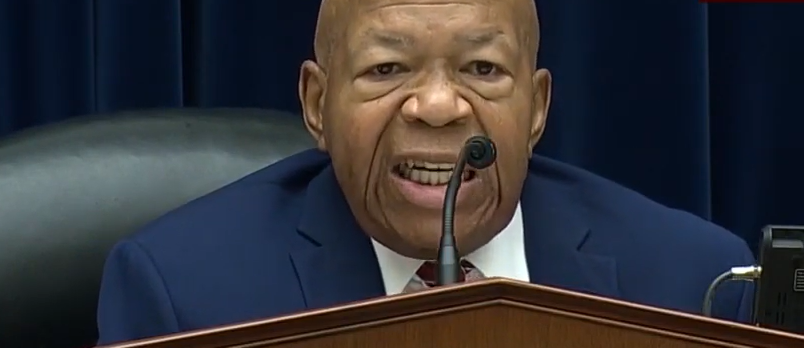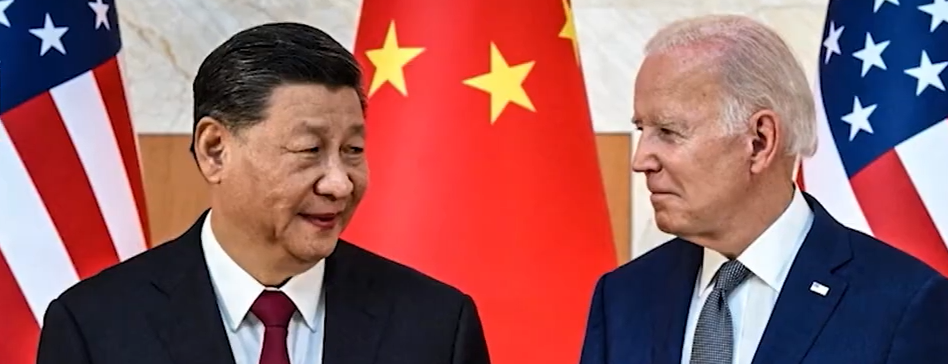France’s Francois Hollande now has second thoughts and retreating
[Black Star News Editorial]
France has now retreated from its initial declaration that it would support and join in a U.S. military strike on Syrian regime targets.
Britain was the first to bow out when the Parliament voted down Prime Minister David Cameron’s Syria war proposal.
Italy and Germany both say they won’t support or join in a military attack.
This means that all the countries that quickly joined the U.S. in the NATO attack on Libya are not supporting a Syria intervention as of now.
This coalition had been given a limited mandate to enforce a no-fly zone in Libya. The mission turned into a months-of-bombardment campaign for regime change. At the end of the day numerous rebel groups were installed in power. During the NATO supported campaign they committed atrocities, including beheading of opponents and perceived opponents, and the ethnic cleansing of the city of Tawargha, populated by Black Libyans, as reported by The Wall Street Journal and documented by Human Rights Watch. Major media such as the New York Times, CNN and the BBC ignored these atrocities because the inconvenient truths would have made it hard to justify U.S. and NATO support for such brutal “liberators.”
Not surprisingly, the major media have been ignoring almost identical atrocities being carried out by rebels in Syria. As an Op-Ed in The Wall Street Journal points out a “Syrian opposition fighter called Abu Sakkar was captured on video last month cutting out and biting into the lung of an opponent.”
It’s doubtful most Americans if informed would support such “rebels.”
Some of the fighters are al-Qaeda affiliated and some fighters have come from Libya, which itself today is in ruins; moving from bad to worse.
Doubtless some of these realities must have come to mind as officials in the U.K., France and Italy pondered the proposed military venture into Syria.
So, during the just concluded G-20 meeting in Russia, French president Francois Hollande announced that he would now await the report of the United Nations investigation team that went to the location of the reported Sarin attack on Ghouta, eastern Damascus on August 21, that caused the deaths of as many as 1,400 victims, including 400 children.
These are finally some mature and responsible decisions. Additionally, Hollande says his decision will be based on how the U.S. Congress votes.
The U.S. public oppose any venture and Congress may vote down the call for a strike.
Administration officials, including Secretary of State John Kerry says the U.S. may still strike regime targets anyway. This will be difficult since President Obama himself was the one who referred the matter to Congress for a vote.
In an earlier editorial, we suggested that President Obama may have invited Congress’ involvement as a way to punt the issue away. President Obama may not be fully convinced that Bashar Assad’s forces committed the reported Sarin attack.
After all, in May this year, a senior United Nations official, Carla Del Ponte, announced that Syrian rebels had carried out a Sarin attack in March. If the rebels carried out such an attach in March, why is it not possible that they would do it again? Why hasn’t Del Ponte been interviewed by large media outlets such as The New York Times or on CNN about the earlier attack since Sarin is once again in the news?
Perhaps Del Ponte should tell the U.S. Congress what she knows.
Since March, the military situation on the ground has shifted in Assad’s favor after the intervention of Lebanon’s powerful Hezbollah army on his side. Assad forces were able to push back the Saudi Arabia-financed rebels and regain territory lost in northern Syria.
Isn’t it possible the rebels launched the recent Sarin attack in order to provoke a U.S. military response that would help shift the military balance to their favor, as Russian President Vladimir Putin said during the G-20 meeting?
If proven, it would be chilling indeed; that U.S. strikes against Assad regime targets could help pave the way for rebels, who are willing to sacrifice children in a Machiavellian scheme, to seize power in Syria. What might such rebels, installed in power, do with the whole arsenal of chemical weapons that would then be under their control?
Moreover, the recent attack was perplexing because it occurred at a time when a United Nations investigation team was already in Syria, having been permitted to enter by the Assad regime.
Separately, Ban ki Moon, who normally echoes Washington’s position, has spoken out against military action that does not involve a resolution approved by the United Nations Security Council.
In the absence of a clear determination of who was responsible for the deadly Sarin attack, rather than a rush for military strike, the following actions are preferable:
1. All action must await the report of the United Nations investigation team and if the team needs to conduct more tests and make another trip to Syria it should be allowed to.
2. The United Nations Security Council must issue a statement making it clear that those found responsible for the Sarin attack will be punished; this must include both the regime and the rebels.
3. There must a push for a negotiated diplomatic resolution of the Syrian war.







